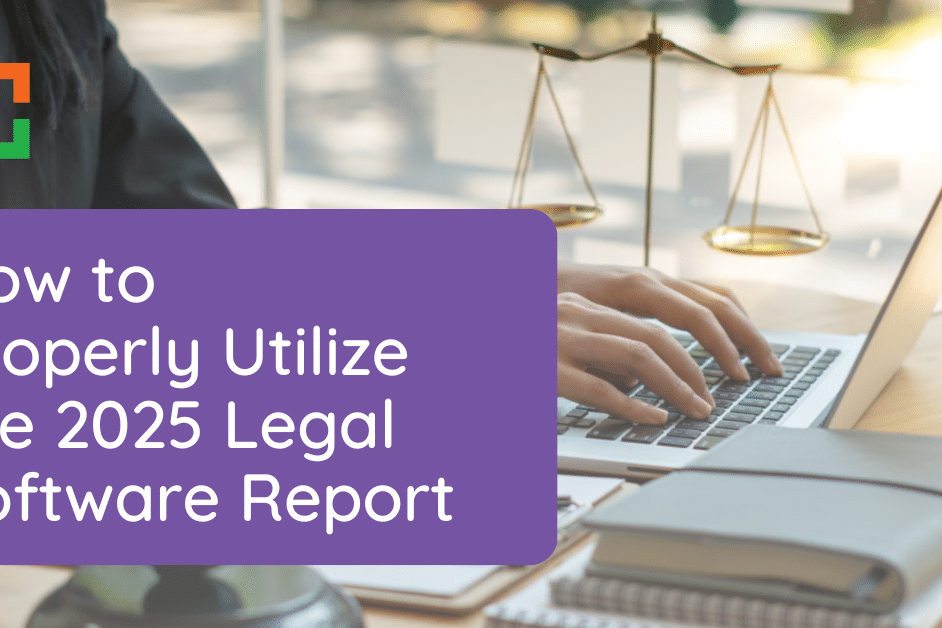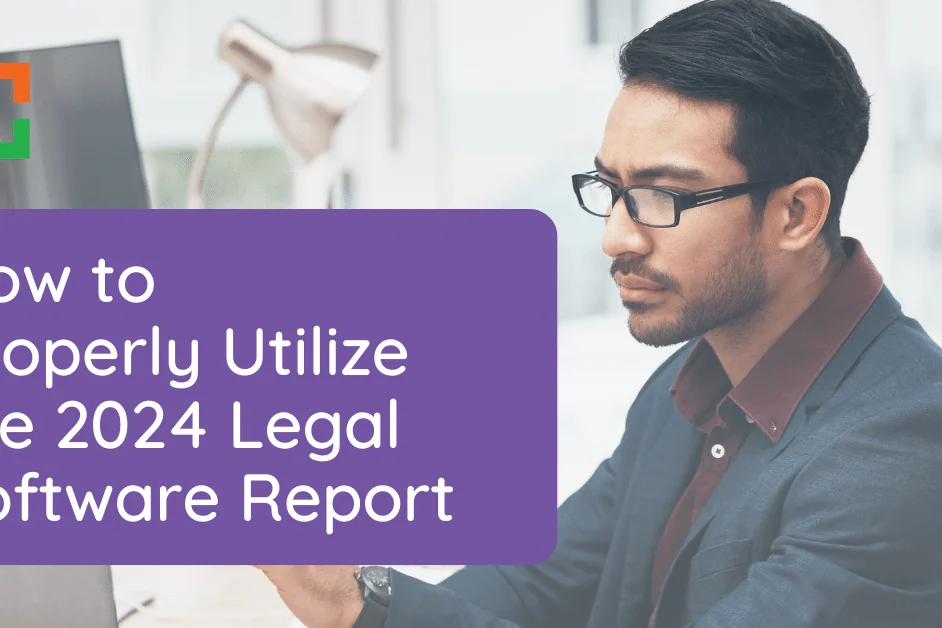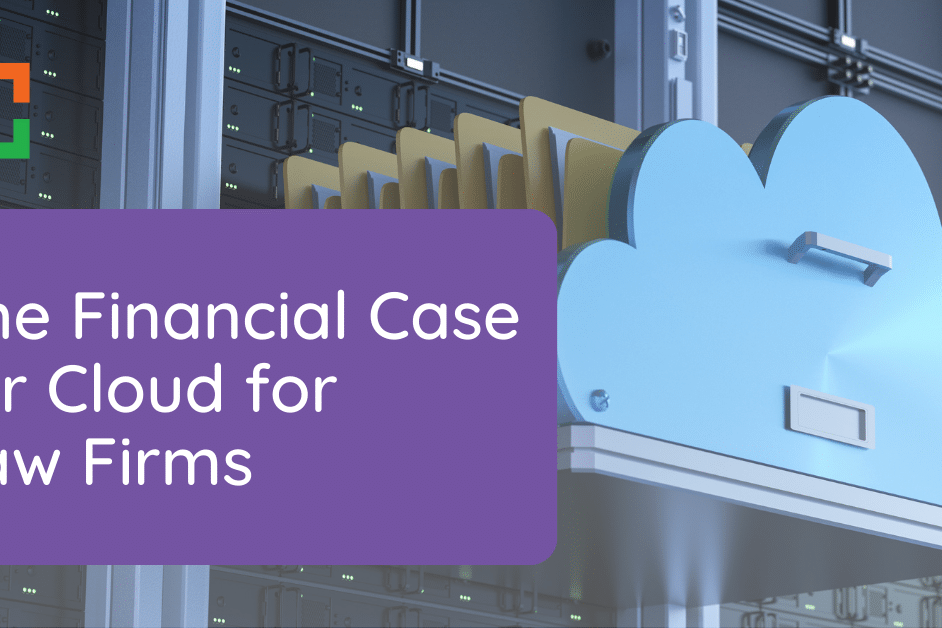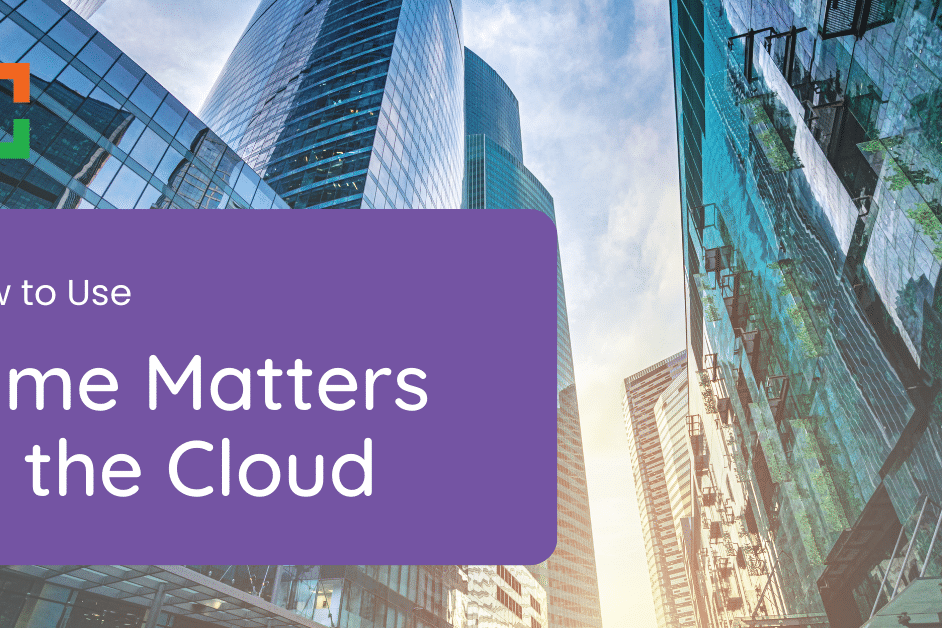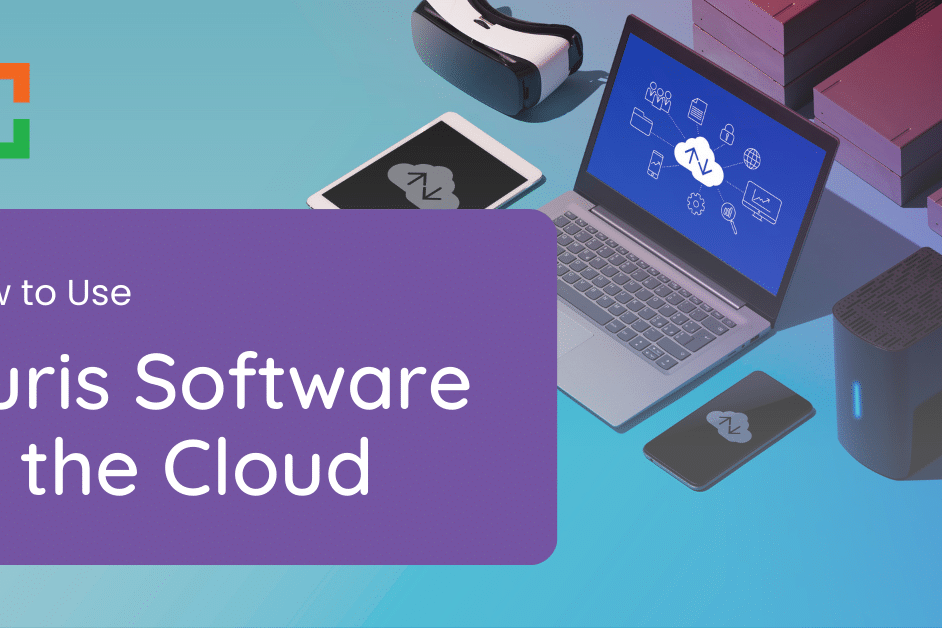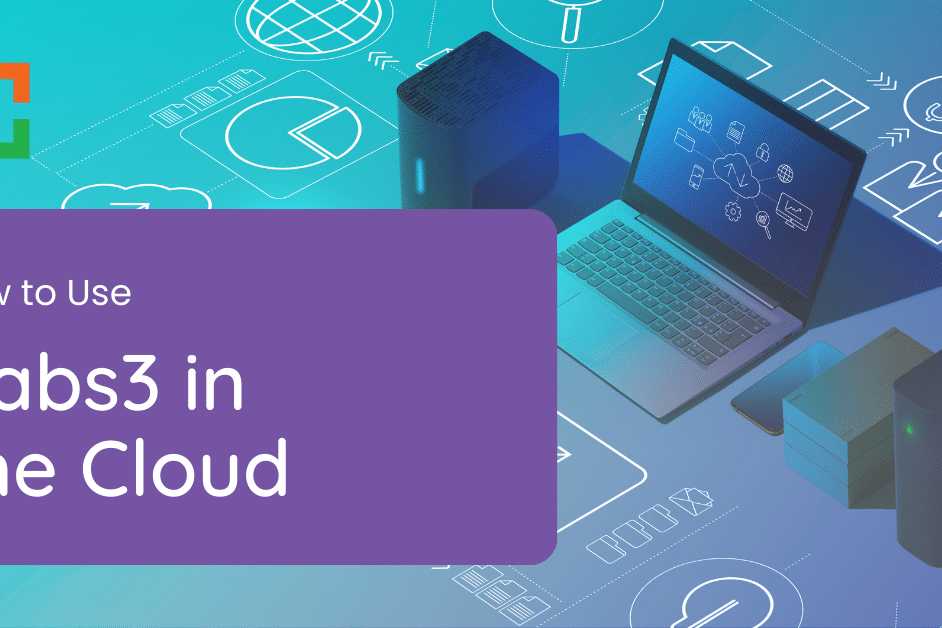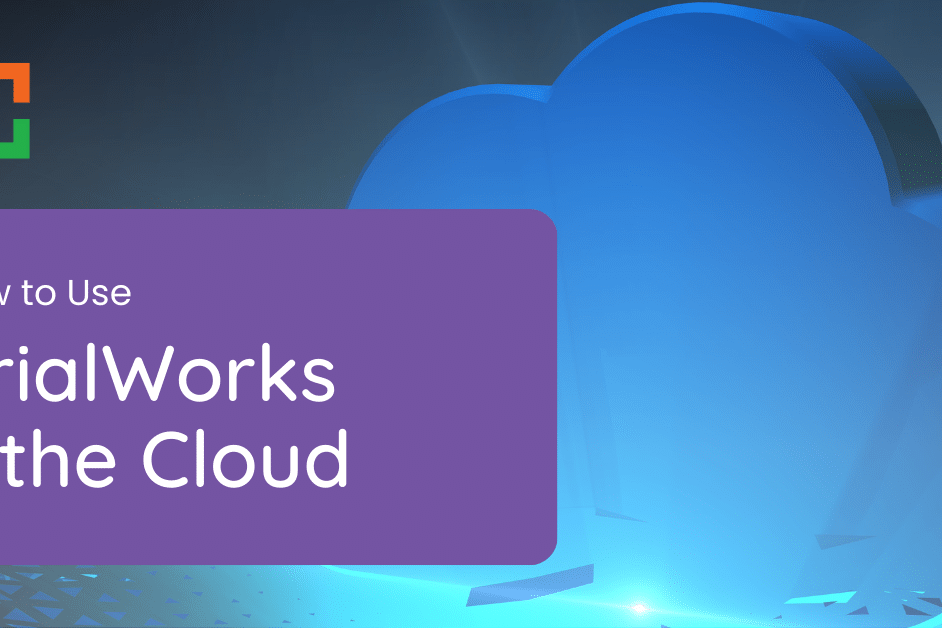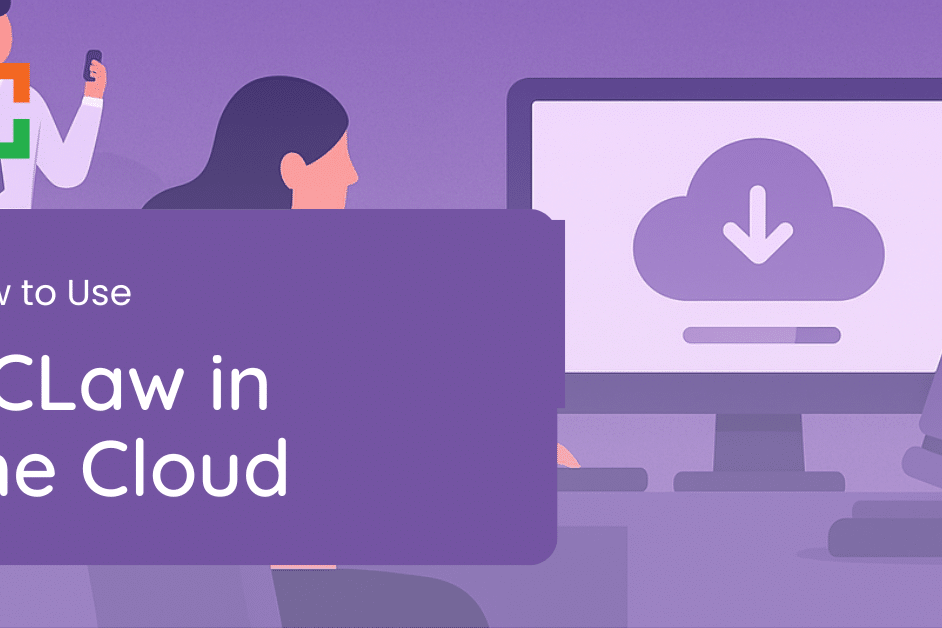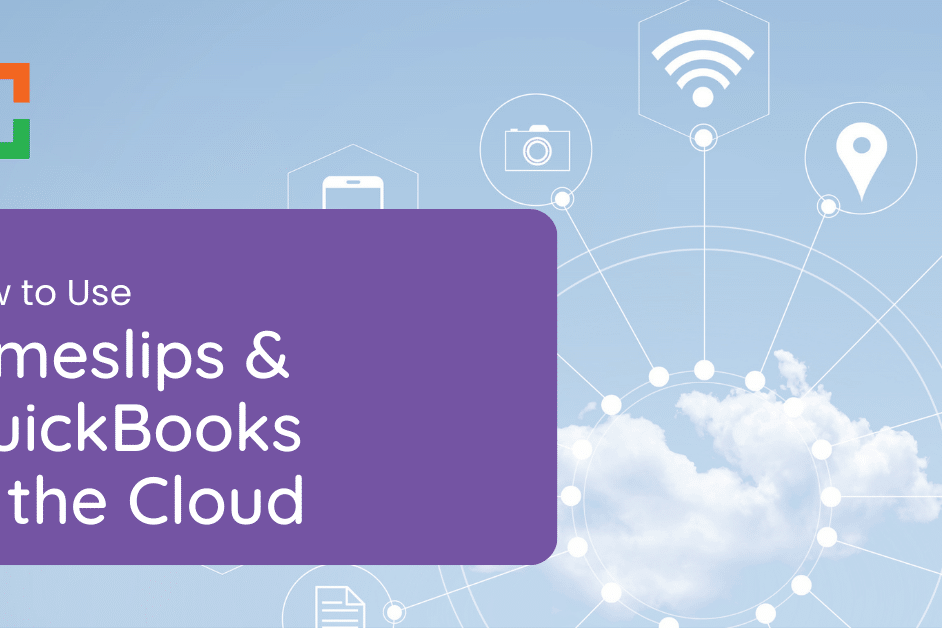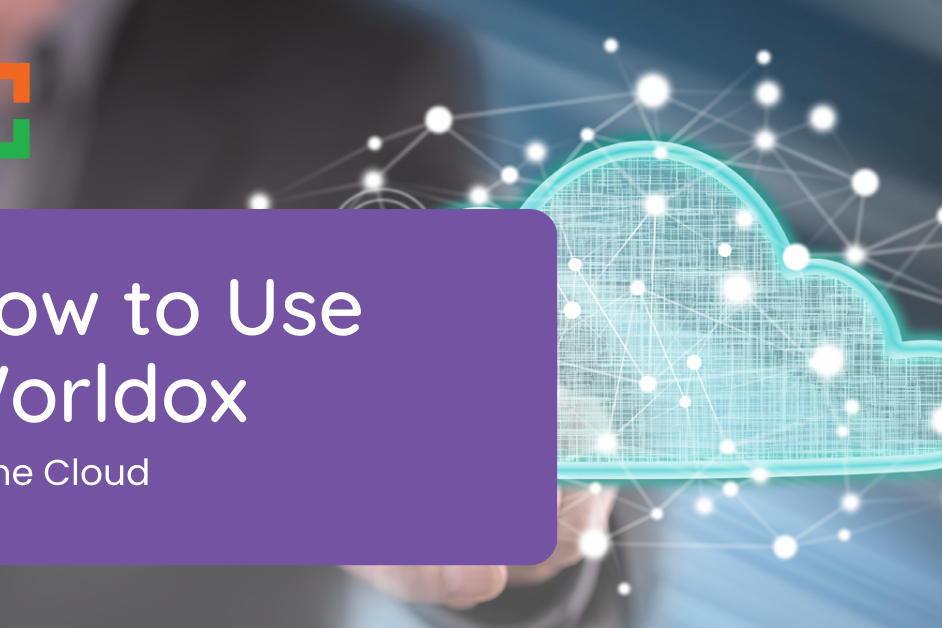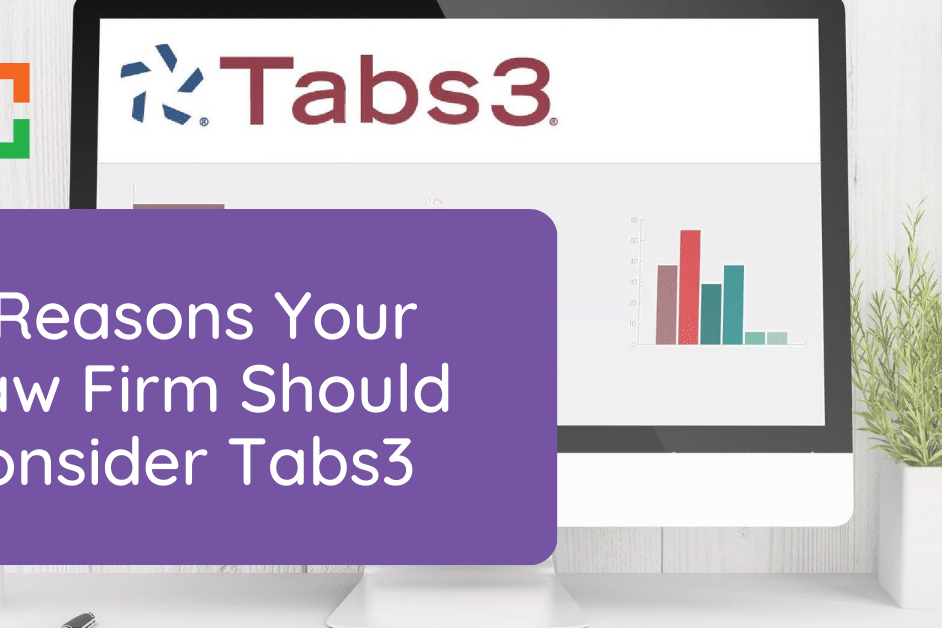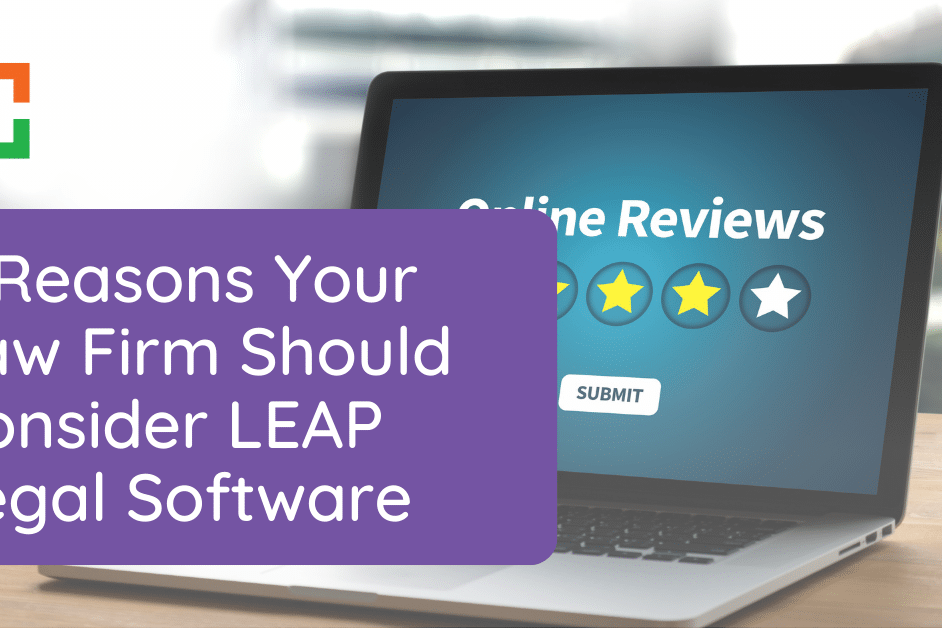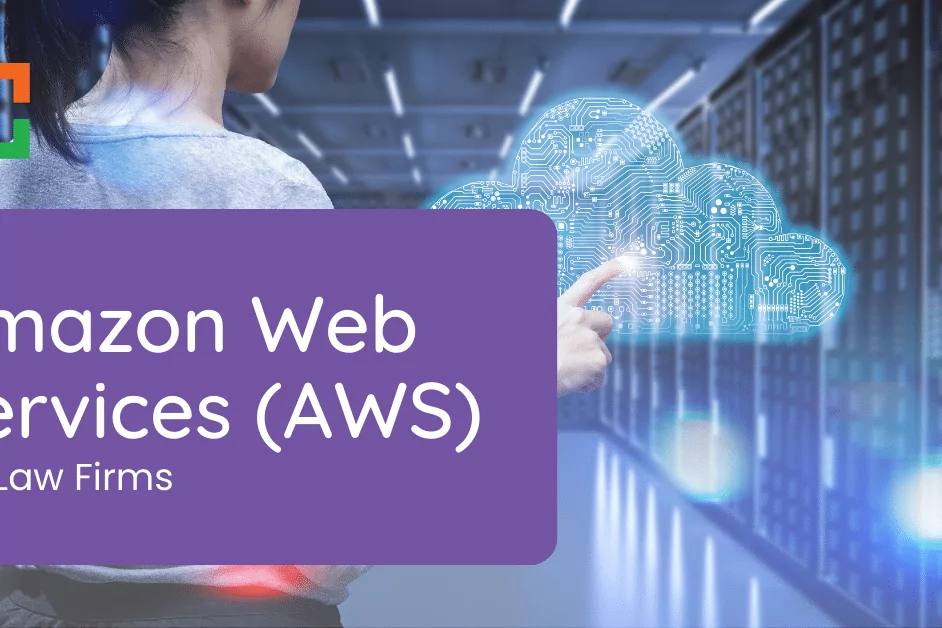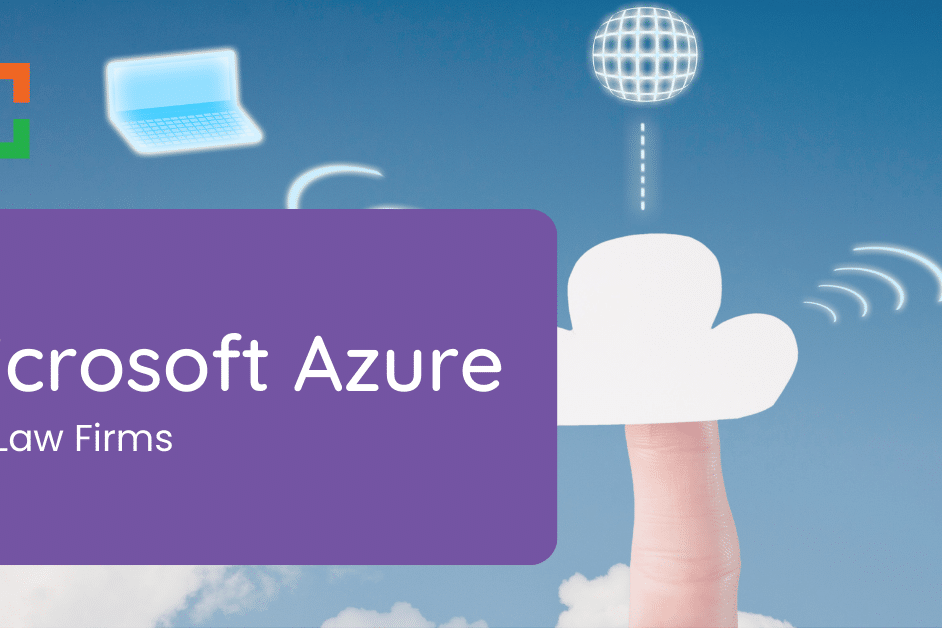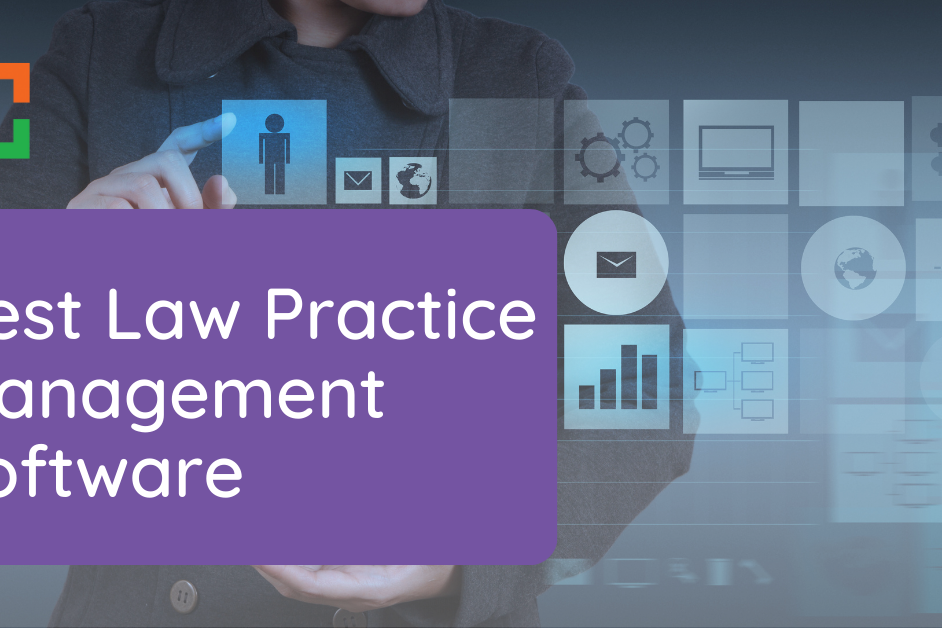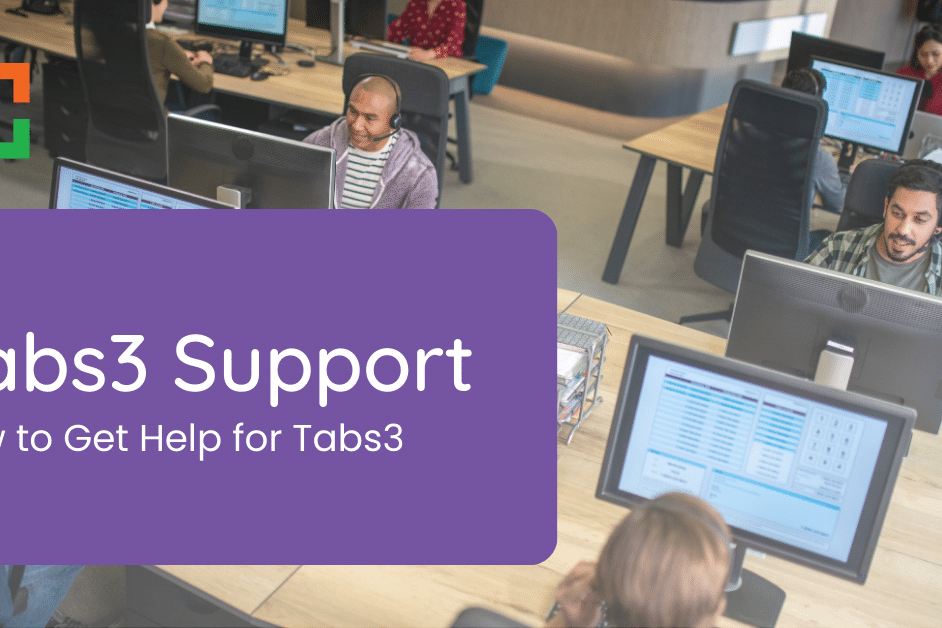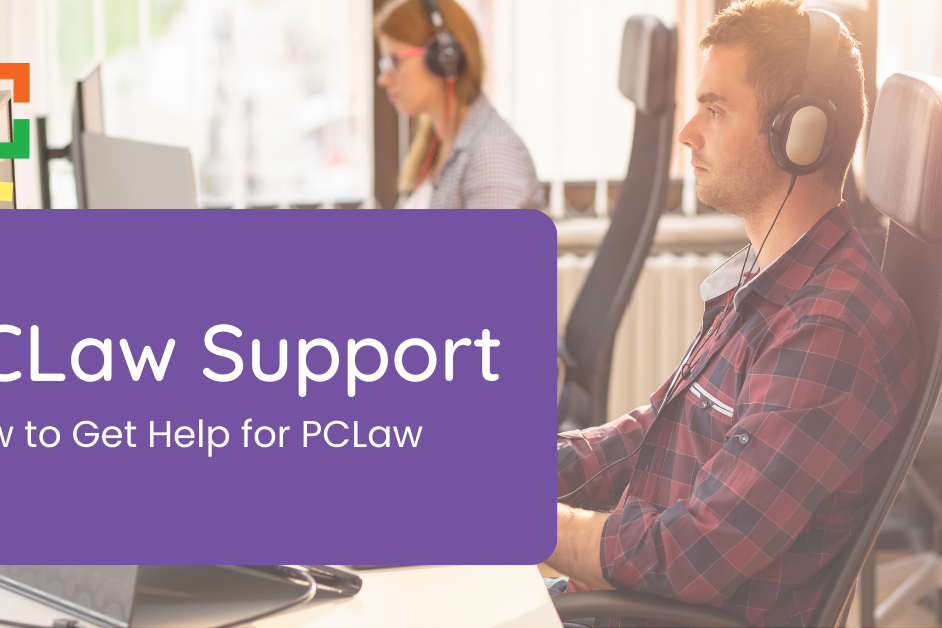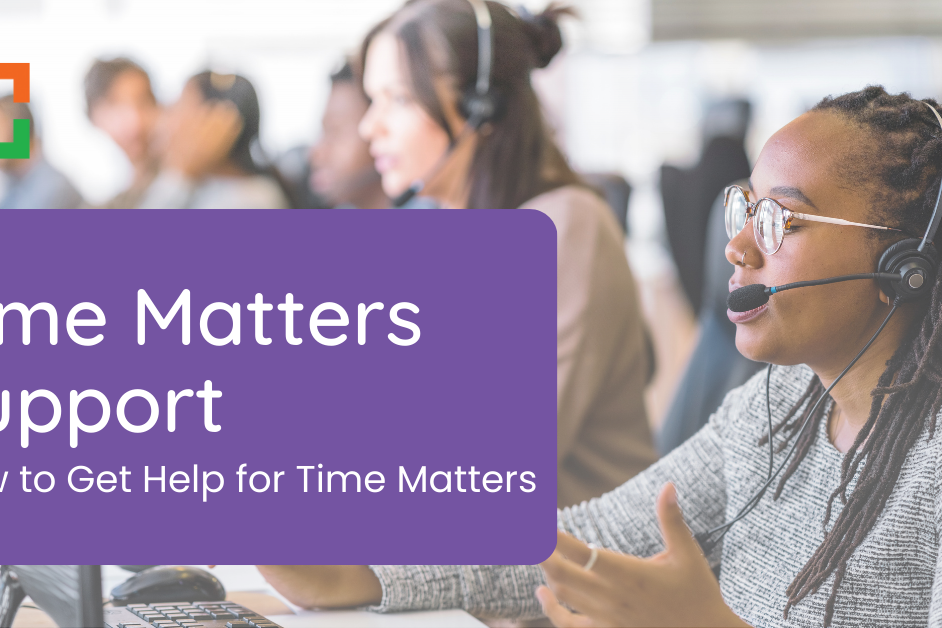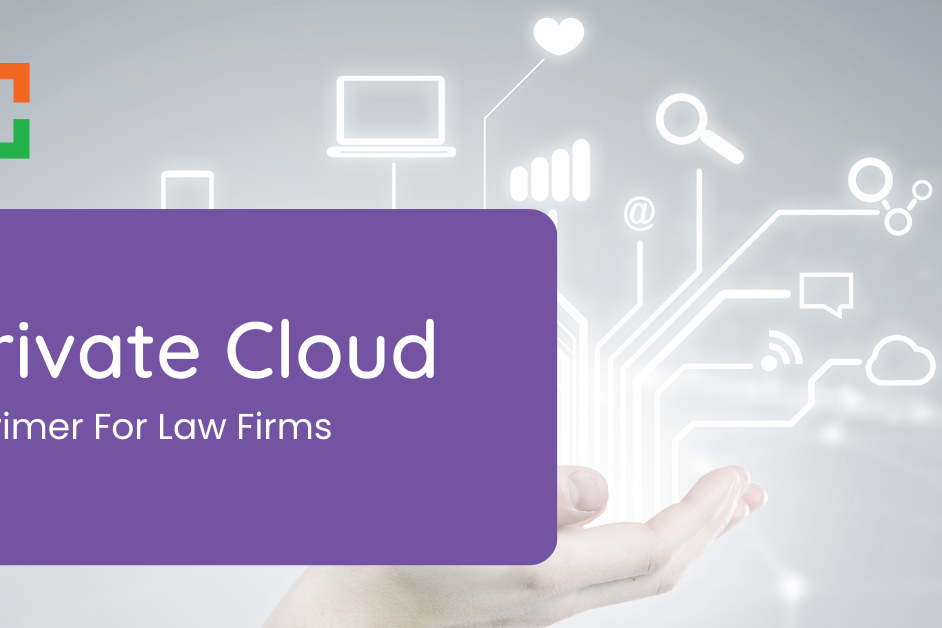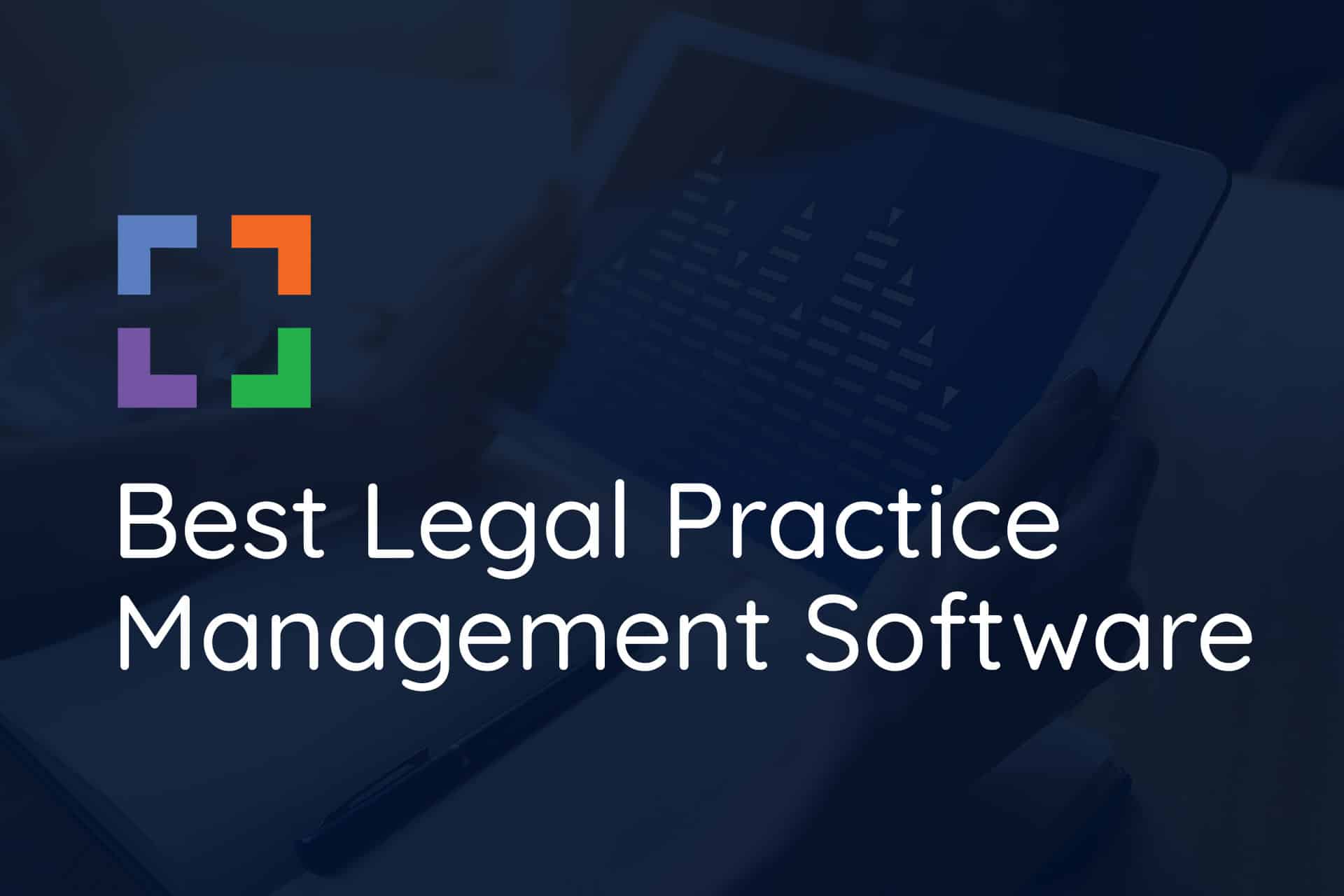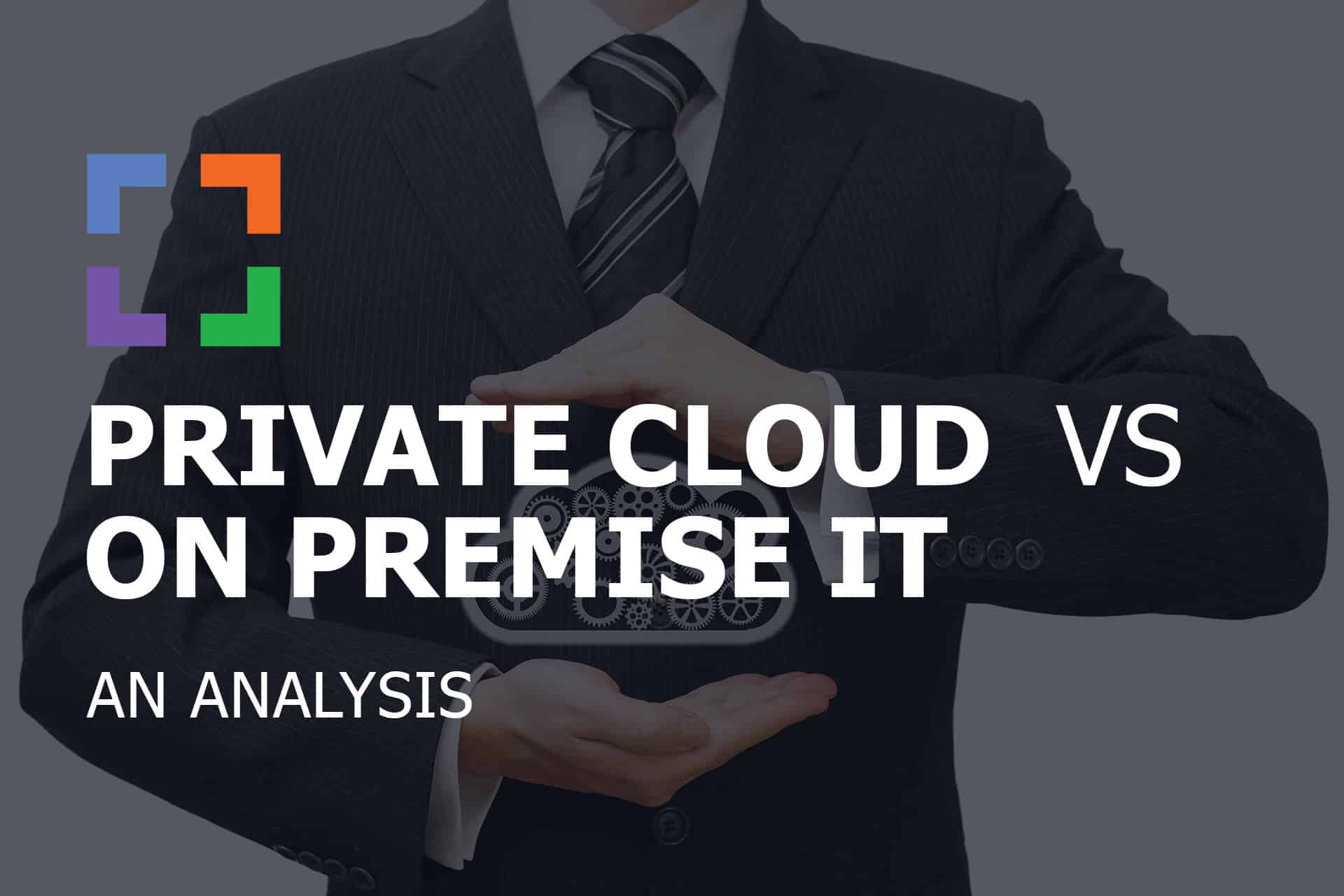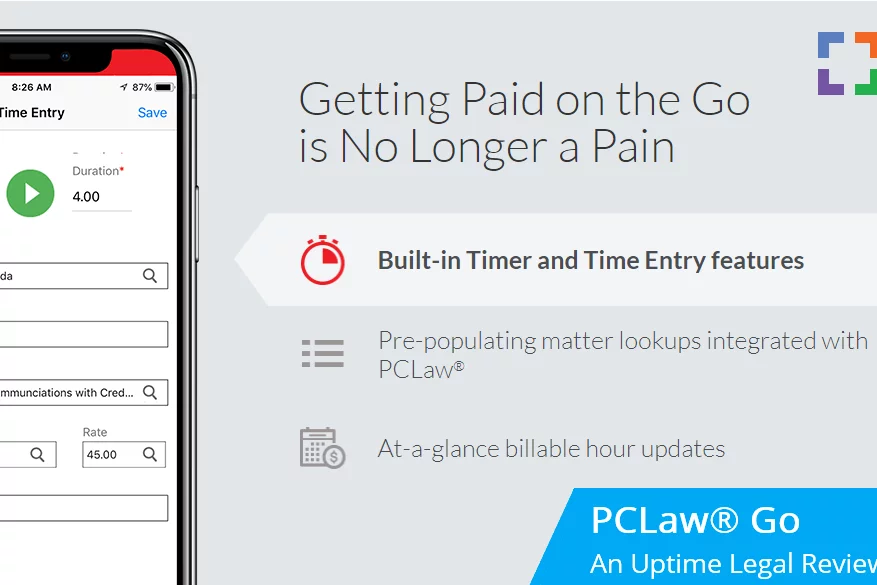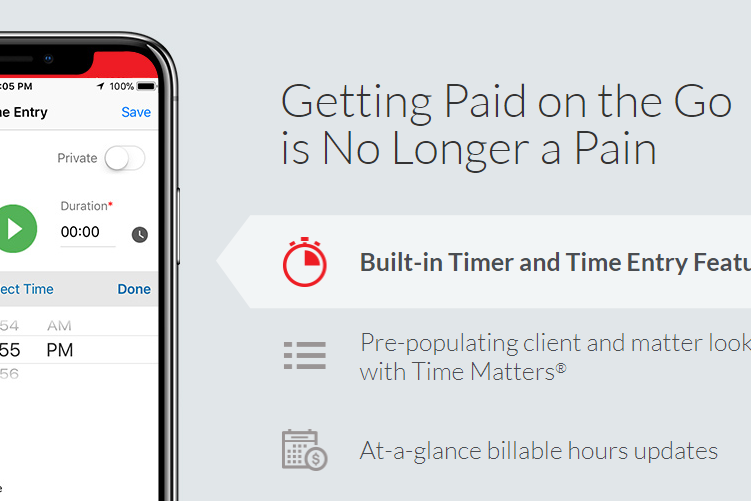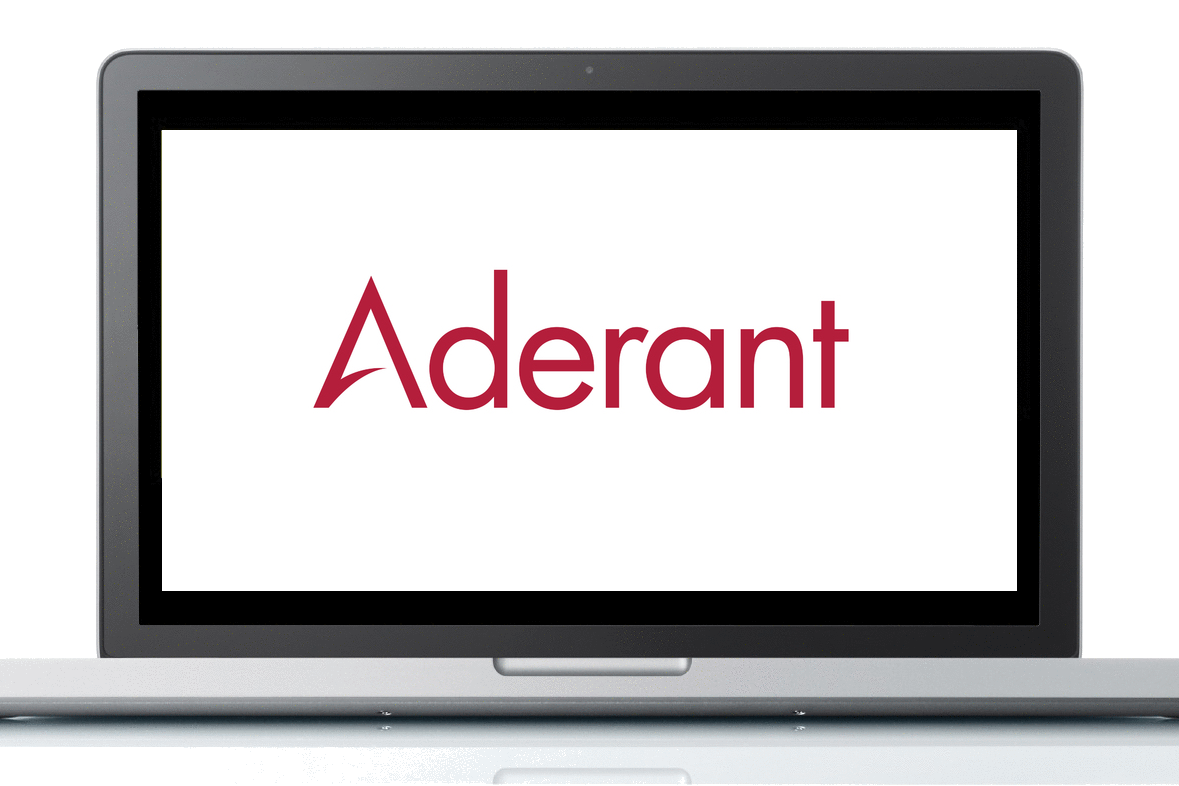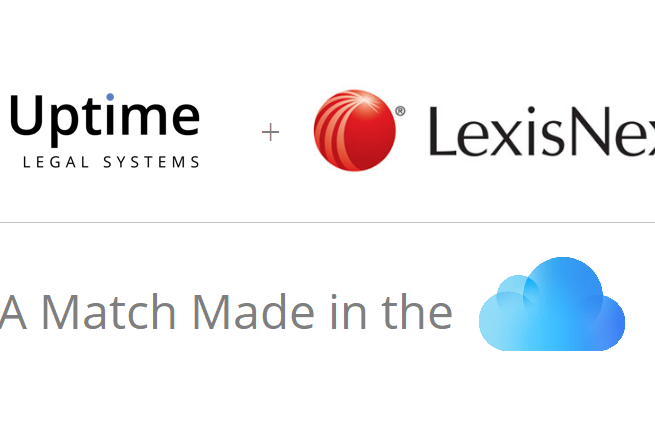TrialWorks – An Uptime Legal Review
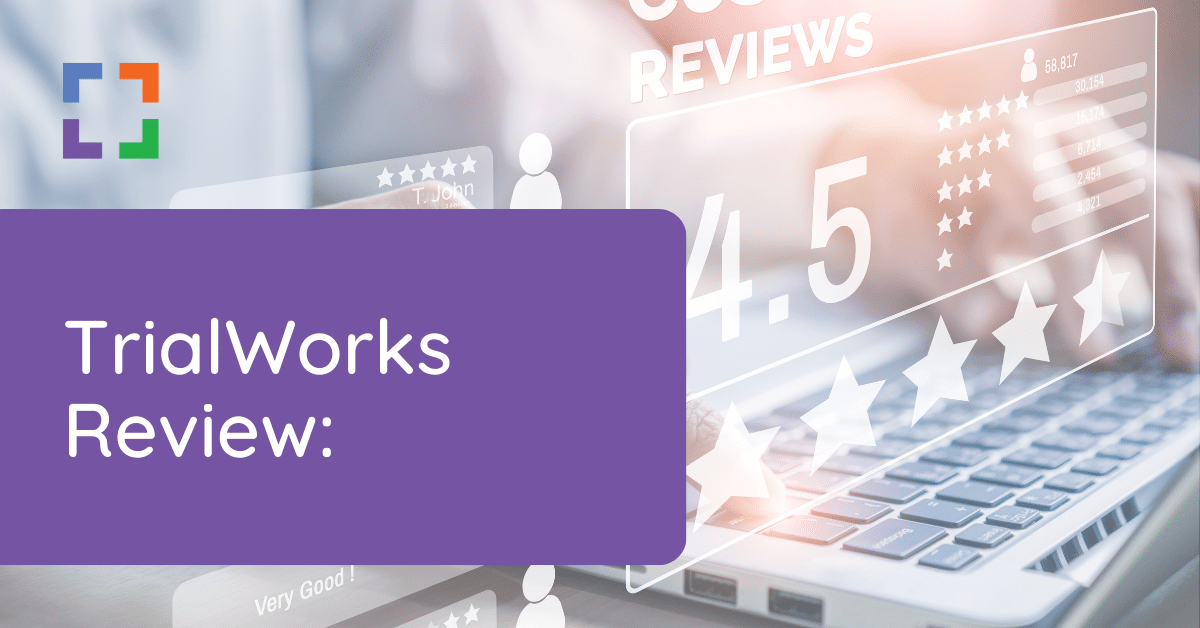
TrialWorks Review
Massive improvements in technology produced more legal practice management options for lawyers to choose from. While that’s certainly a great thing, it can also create a feeling of overwhelm as law firms try to find the best solution to meet their needs. In this article we provide a TrialWorks review, and explore just one option for law firms to manage their cases and their practice.
Law firms with a heavy focus on litigation need the ability to do more than keep up with bookkeeping and updating time. They need docketing, access to trial notebooks, the ability to keep up with negotiations, and more. Not just any practice management software will do. TrialWorks is a practice management software that provides features designed specifically for litigation-based practices. In our TrialWorks review, you’ll learn more about the program, its key features for law firms like yours, what we really like about the program, and we’ll give you our verdict. Our goal is to provide you with enough information to help you as you find the right practice management option for your office.
TrialWorks Overview
We’ll begin our TrialWorks review with a scan from 100,000 feet. TrialWorks is a case management program that caters specifically to the needs of litigation-focused law firms. It can be hosted on-premise (on your own in-house server)or in a private cloud.
TrialWorks was actually created by experienced trial attorneys who needed something that would better meet their needs, specifically focusing on litigation and managing the details of each case. Although it is now owned by the same parent company that owns Needles, the program itself has been in existence (as well as frequently updated to add and improve features) for more than 20 years. It provides trial lawyers with case management features they need and includes seriously impressive litigation-specific features. However, TrialWorks is not an accounting or bookkeeping program (the good news is that this program integrates with many of the greats relied on by law firms).
Related: Needles Case Management – An Uptime Legal Review
Key Features
Next up in our TrialWorks review, we’ll cover some of the key features, as well as functions that really differentiate TrialWorks from other, more traditional Practice Management software.
- Secure SMS messaging between you and your clients.
- Easy client intake.
- Centralized calendaring and docketing that can be set-up to follow the rules in your jurisdiction.
- The ability to track emails using their Microsoft Outlook plug-in.
- The ability to track statute of limitations.
- It can be used to create and access your trial notebook.
- When hosted on a private cloud, trial lawyers can access TrialWorks from any location as long as they have an Internet connection.
- TrialWorks can be used to track negotiations.
- Trial lawyers can track their expenses while they’re on the go.
- No servers to buy and manage.
- No outside IT consultants or costs necessary.
- No backups or security to manage.
- Expert hosting and support for TrialWorks
- All of your applications, documents and email—in one place.
- Work anywhere via a virtual desktop.
What We Like about TrialWorks
- It’s designed with litigation-focused law firms in mind. From docketing to trial notebook creation to tracking negotiations, TrialWorks was designed specifically for litigation practices. No more using multiple programs or using a shared Google calendar. TrialWorks can help you get and stay organized.
- Its ability to integrate with leading providers. TrialWorks integrates with MediConnect and XeBee for medical records. It can also integrate with Captorra and Legal Intake Professionals for client intake. Cost recovery integrations include Stamps.com, Walz Certified Mail, Copitrak, and Equitrac. Accounting integration options include QuickBooks, Tabs3, PCLaw, TimeSlips, Juris, Rippe & Kingston, PerfectLaw, and BusinessWorks. Calendaring integration exists for eLaw, CompuLaw Rules, and Law Tool Box. Both eFax and Docusign can also be integrated with TrialWorks.
- Our Place or Yours. As we mentioned, TrialWorks can be run on your own, onsite servers (if owning servers is your thing.) If not, private cloud platforms such as Uptime Practice will host your TrialWorks, your other applications, your documents, files email and more in a single, central platform.
The Uptime Verdict
TrialWorks is a fantastic product boasting incredible features that are designed for use by law firms that focus on litigation. We recommend it to any trial law firm looking for more portability, centralized docketing that complies with state rules, and who basically wants just one program to track everything related to litigation. It integrates with some of the most popular bookkeeping and medical records providers relied on by the legal industry.
You can learn more about TrialWorks at trialworks.com.
Better in the Cloud
Although TrialWorks can work on-premise, it provides you with more portability, better privacy, better support, and better data security if it is hosted from a private cloud. Moving to a private cloud means:
But be careful: Not all private clouds are created equal. Cloud hosting is a bit of a Wild West at the moment, with plenty of fly-by-night providers (unfortunately). Be sure to do your homework.
Uptime Practice:
The IT & Cloud Platform for Law Firms.
Uptime Practice is a suite of Managed IT and cloud services, made exclusively for law firms.
Practice Next
Technology + Legal Software Support for Modern Law Firms
Practice Next is a suite of Managed IT, Legal Software Support, and Cloud Essentials, made just for law firms.
-
Practice Next is a suite managed IT, technology essentials and legal software support.
-
Practice Next includes unlimited IT and legal software support, Microsoft 365, legal-centric cloud storage and more.
-
Practice Next pairs great with cloud-based legal software such as Clio Manage, CosmoLex, MyCase and more.
Practice Go
Cloudify Your Legal App
Does your law firm already have a cloud strategy, but have one premise-based application still running on onsite servers? Practice Go is for you.
- With Practice Go, we effectively turn your desktop/server- based legal software into a cloud application (a Published App), freeing your firm from the limitations of traditional software.
- Practice Go can cloudify your PCLaw, Time Matters, Tabs3, ProLaw, Juris, QuickBooks and more.
Practice Foundation
Complete Private Cloud for Law Firms
If your law firm needs a central, secure cloud platform for all of your legal software, documents and data, Practice Foundation is for you.
-
Practice Foundation is an end-to-end cloud platform that will host all of your firm's applications and documents, and will optionally include Office 365 + unlimited IT support. Everyone in your firm logs into a Virtual Desktop where they'll find all of their apps and docs.
-
Practice Foundation works with PCLaw, Time Matters, Tabs3, ProLaw, Juris, QuickBooks, Timeslips, TrialWorks, Adobe Acrobat and more.
Not Sure Which Edition You Need?
No problem. Check out our quick Comparison Chart for Uptime Practice, or Get in Touch to talk with our sales team.

Dennis Dimka
As the founder and CEO of Uptime Legal Systems, I've had the privilege of guiding our company to become a leading provider of technology services for law firms.
Our growth, both organic and through strategic acquisitions, has enabled us to offer a diverse range of services, tailored to the evolving needs of the legal industry.
Being recognized as an Ernst & Young Entrepreneur of the Year Finalist and seeing Uptime Legal ranked among the Inc. 5000 list of fastest-growing private companies in America for eight consecutive years are testaments to our team's dedication.
At Uptime Legal, we strive to continuously innovate and adapt in the rapidly evolving legal tech landscape, ensuring that law firms have access to the most advanced and reliable technology solutions.
Related Posts
September 16, 2025
How to Properly Utilize the 2025 Legal Software Report
September 30, 2024
How to Properly Utilize the 2024 Legal Software Report
April 1, 2024
The Financial Case for Cloud for Law Firms
March 8, 2024
25 Things To Ask Your Legal Private Cloud Provider
March 5, 2024
How to Use ProLaw in the Cloud in 2025
January 8, 2024
How to Use Orion Legal Software in the Cloud in 2025
January 8, 2024
How to Use Time Matters in the Cloud in 2025
January 8, 2024
How to Use Juris in the Cloud in 2025
January 8, 2024
How to Use Tabs3 in the Cloud in 2025
January 8, 2024
How to Use TrialWorks in the Cloud
January 8, 2024
How to Use PCLaw in the Cloud in 2025
January 8, 2024
How to Use Timeslips & QuickBooks in the Cloud in 2025
December 15, 2023
How to Use Worldox in the Cloud in 2025
December 15, 2023
7 Reasons Your Law Firm Should Consider Tabs3
December 15, 2023
7 Reasons Your Law Firm Should Consider LEAP Legal Software
December 15, 2023
ProLaw Workspace – Review & Guide for Law Firms
December 15, 2023
Cybersecurity for Law Firms
December 8, 2023
Managed Cloud Services for Law firms
October 24, 2023
AWS for Law Firms: A Complete 101
October 4, 2023
Azure for Law Firms: A Complete 101
September 28, 2023
Best Law Practice Management Software (2025)
September 5, 2023
Juris Support – How to Get Help for Juris
August 30, 2023
Tabs3 Support – How to Get Help for Tabs3
August 23, 2023
ProLaw Support – How to Get Help for ProLaw
July 24, 2023
PCLaw Support – How to Get Help for PCLaw
July 20, 2023
Private Cloud 101 for Law Firms
February 24, 2021
Uptime Legal Joins the Thomson Reuters Marketplace
November 18, 2019
Best Legal Practice Management Software for 2021
September 16, 2019
The Financial Case for Cloud for Law Firms
June 17, 2019
Law Firm IT – What Are Your Options?
January 28, 2019
PCLaw® Go – An Uptime Legal Review
January 7, 2019
Time Matters® Go – An Uptime Legal Review
December 4, 2018
Aderant Review – by Uptime Legal
October 24, 2017
